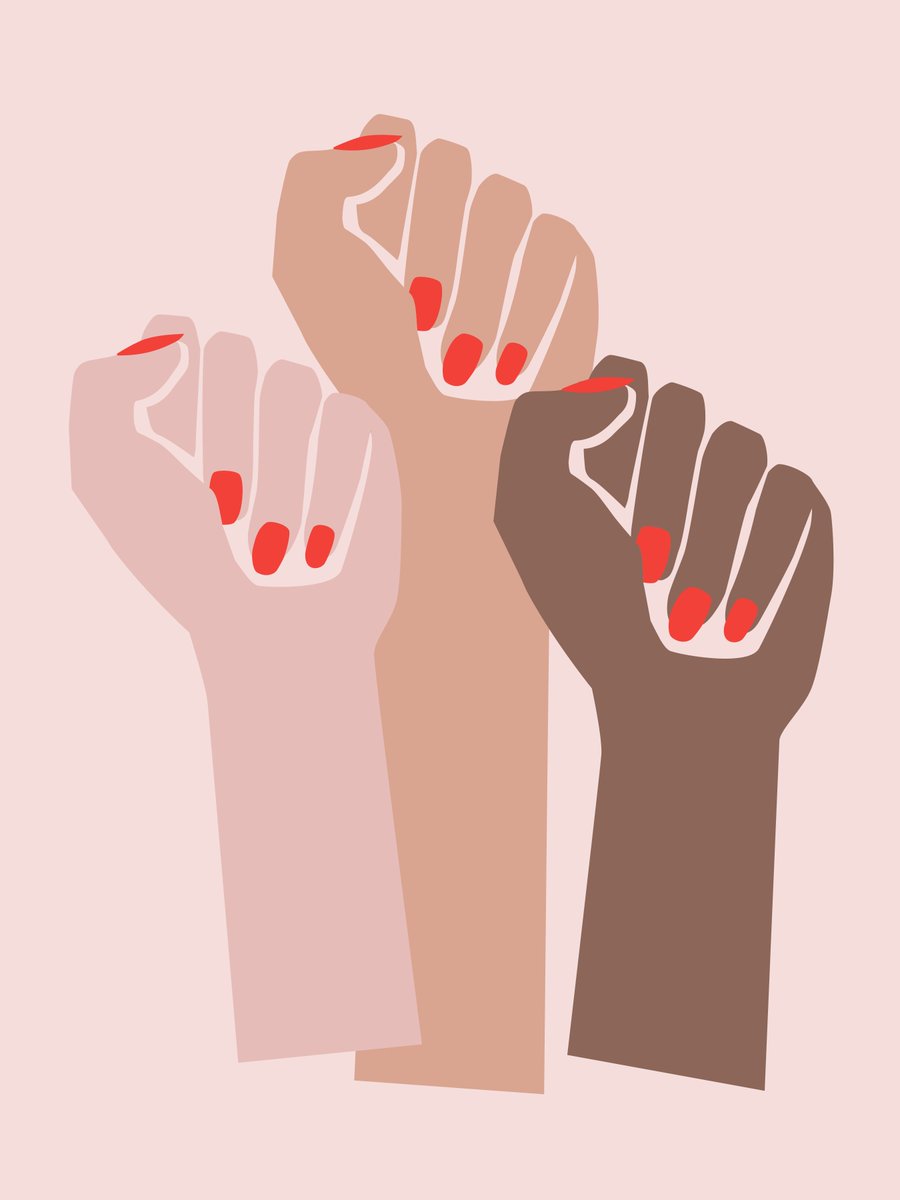‘Me too’ is about using the power of empathy to stomp out shame.
~Tarana Burke, founder of the #MeToo movement*
People “doing good” around the world are also “doing harm”. No, I’m not talking about the “unintended consequences” of aid, but about the oppression and abuses that go on within our beloved organisations. The #MeToo campaign has uncovered what has been a well known secret in the sector: from guys watching porn in the office, to sexual abuse. People ask me if sexual harassment is a factor that contributes to burnout: if we understand, as I do, that burnout is a problem of a system that uses and abuses people, then the answer is yes. Workplaces where people’s dignity is violated breed burnout.
Jennifer Lentfer of how-matters.org invites us to show the extent of sexual assault and harassment among people “doing good” around the world. Because sharing our stories can be part of the healing process.
 #MeToo applies also to women (and to a vastly lesser extent, men, also recognized) who are trying to change the world. So let’s use this #MeToo moment is time to reveal the insidiousness of cover-ups, the distrust created, the trivialization whenever survivors speak out in our sector. Our experiences are part of a systemic problem – perhaps one we even want to address in our work – that is, a global pandemic of predatory behavior and gender inequality.
#MeToo applies also to women (and to a vastly lesser extent, men, also recognized) who are trying to change the world. So let’s use this #MeToo moment is time to reveal the insidiousness of cover-ups, the distrust created, the trivialization whenever survivors speak out in our sector. Our experiences are part of a systemic problem – perhaps one we even want to address in our work – that is, a global pandemic of predatory behavior and gender inequality.
The creators of the blog Women in Aid have graciously offered their online space to write and share our stories – to demonstrate just how widespread the experience of sexual abuse is in our sector, and to create the opportunity for us to have the experience of #MeToo.
I’m inviting all of us – who are able and willing – to share our survivor stories here.
*To learn more about the origins and the work of the #MeToo movement, click here.

